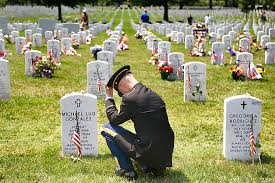
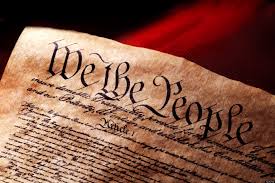
On Memorial Day we remembered all those who have sacrificed their lives in the course of American history to maintain the ideal of liberty and opportunity, but on this holiday it’s time to reflect on how America came to be in the first place.
We slap burgers on the grill, drag chairs to Main Street to watch the local parade, head to the beach for a day of sun and swimming and await the dark that brings colorful displays of fireworks. Merchants feature big holiday sales to lure customers and the police and emergency medical personnel gear up for a possibly busy weekend. Even in London America’s Independence Day is celebrated with dozens of events, American style food and entertainment. (The Brits are either really good losers or they are celebrating being free of a difficult, strong-willed child.

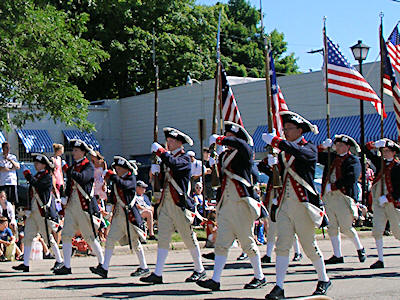
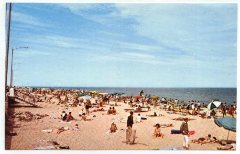
But how many of us stop to consider the magnitude of what we are celebrating? Or the sacrifices that it took to gain that ideal of liberty? Long before July 4th 1776 there were British soldiers quartered in commandeered homes in Boston, sent there to keep order and enforce the taxes being levied on the colonies. Shipping was harassed at sea, colonial ships were boarded and men taken by force to become crew on British ships. The men and women who settled in America had come mostly to establish a home where they could worship as they wished without interference and oppression, but the idea of freedom had become more than just freedom of religion. It had become a way of life. A way of life worth defending whatever the cost.
After long months of debate and several petitions sent to the British Parliament and King George, which were mostly ignored, fifty-six men signed the declaration that declared, in part: “We hold these truths to be self-evident, that all men are created equal, that they are endowed by their Creator with certain unalienable Rights, that among these are Life, Liberty and the pursuit of Happiness.--That to secure these rights, Governments are instituted among Men, deriving their just powers from the consent of the governed, --That whenever any Form of Government becomes destructive of these ends, it is the Right of the People to alter or to abolish it, and to institute new Government…”
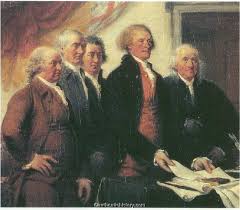
These men were not young hot-heads eager to start a war, they were soft-spoken men, educated and fair in their dealings. Twenty-four were lawyers or judges, eleven merchants, nine were farmers and owners of large plantations. In signing this declaration they knew they were putting everything they had on the line – their homes, their livelihoods and even their lives. But they signed it because they believed the cause was worth that level of risk. Looking back today, it’s easy to diminish the sacrifices these men made because our history books and folklore are full of the successes of men like Benjamin Franklin, John Adams and Thomas Jefferson. Yet, among the fifty-six signers, five were captured and tortured during the war that followed, twelve had their homes ransacked and burned, two lost their own sons, and nine of them fought and died in the war that followed. Carter Braxton, a wealthy Virginia merchant had his ships sunk or captured at sea, he sold his plantation to pay his debts, then died a pauper. Thomas Keen served in the Continental Congress without pay while his family went into hiding and his home was destroyed. Several of the signers lost their wives and families as well as their property.
The cost of standing up to declare the birth of a new nation, grown and able to govern itself was very high, indeed. So, the next time you see those stars and stripes flapping bravely and boldly in the breeze, take a moment and be thankful for the liberty you enjoy today. As you listen to the reverberating booms of fireworks and sigh in awe as color fills the skies, remember for a moment, the men who made it possible. Freedom is not free and never was.
